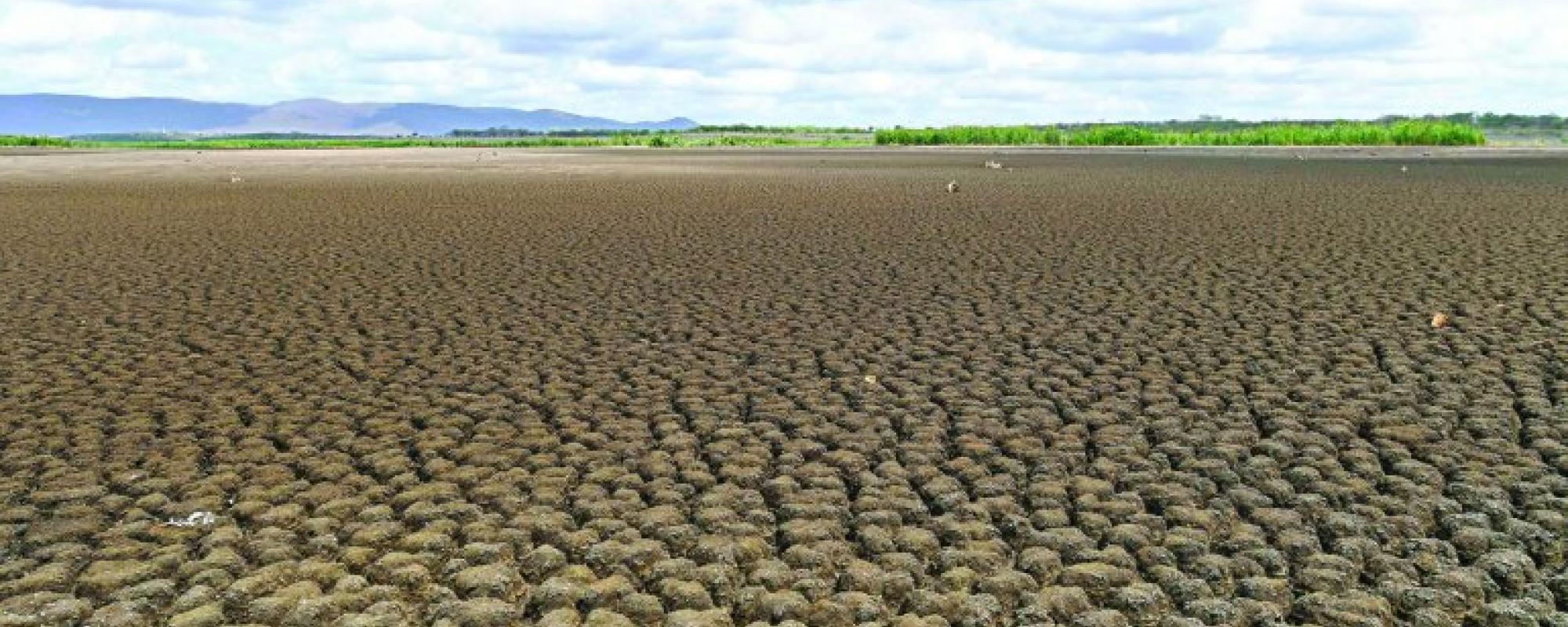Many studies find that poverty impedes cognitive function and decision making (Mani et al., 2013). However, poverty can be defined by two separate experiences: a low income level on average and high day to day income uncertainty. The authors of the study combine natural variation and experiments to test the extent to which these two dimensions separately drive the psychological effects of poverty on cognitive function and decision-making. They study two ways in which poverty can impede cognitive function: by increasing cognitive load (depleting the person’s cognitive resources) and tunneling (capturing a person’s available resources for the most imminent challenge they face).
First, this study contributes to a growing body of literature demonstrating that poverty and impediments to cognition are mutually reinforcing. Poverty may affect cognitive function in a variety of ways, which can in turn make it difficult for individuals to escape poverty. This study focuses on attention allocation, but this relationship is apparent through other channels, such as depression and stress (Haushofer and Shapiro, 2016; Haushofer and Fehr 2014), or living conditions associated with poverty (Schilbach, 2019; Bessone et al., 2019; Dean, 2019; Schofield, 2014). Policies which intend to tackle poverty could be less successful if they do not account for this relationship. The findings of this study will inform policy makers on the use of interventions designed to counteract the negative effects of inefficient attention reallocation.
Moreover, by testing the effects of income uncertainty against low income, the findings of this study could reshape our existing approach to poverty alleviation. Many existing policy instruments used to tackle poverty, such as cash transfers or in-kind donations, target income and consumption levels. By contrast, this study tests whether instruments which reduce income uncertainty (e.g. insurance) should receive greater attention if we are to combat the interrelated challenges of poverty and cognitive function. The findings will be even more informative to policymakers in settings where uncertainty features heavily, particularly as growing pressures of climate change increase the rate of adverse shocks.
The setting for this study illustrates these risks. Ceará, a State in Northeast Brazil, is poor relative to the rest of the country and prone to adverse rainfall shocks. Over 80% of its territory lies in the semiarid region, and about 60% of its municipalities experienced below-normal rainfall levels at some point in the 4 years prior to the experiment. In an extreme year such as 2013, all municipalities except the State capital declared a state of emergency, necessitating emergency funds from the federal government to support some 1.8 million family farmers. Irrigation and modern agriculture techniques are rare in the state, and most farmers have to rely solely on rainfall. The level of anxiety linked to rainfall forecasts is high in this region (see Taddei, 2013, for a detailed anthropological account).
In partnership with Ceará’s Rural Development Secretariat, 4,087 farmers across 47 hinterland municipalities were enrolled to participate in the study in January 2015. Treatment assignment was stratified by municipality and drought-proneness due to considerable rainfall heterogeneity.
Of the 4,084 farmers enrolled, 2,822 participated in at least one mobile-phone based survey over 4 waves of data collection (the remaining 1,265 non-participants were balanced across treatment assignments). During each survey wave, participants were surveyed up to six times through an interactive voice response system. These IVR surveys collected data on all outcomes of interest, including the cognitive tests.

Table 1: Treatment structure
During each call, half of the participants were randomly selected to the “higher worries” treatment group: they listened to a message designed to prime them about the effects of drought in their municipality. The other half of participants listened to a neutral message (“baseline worries”).
Through a separate set of phone calls, researchers offered a free supplemental insurance program to 1,192 randomly selected farmers. The product would pay out an additional BRL 170 (US$65) to farmers, on top of the payments they receive from the existing public insurance program, in municipalities that suffered greater than 70 percent harvest losses. This payout would come in June, two months before the (more generous) government payout in August.
Finally, in addition to own data collection, the researchers obtained data for 1,035 respondents for their family’s monthly pay dates under Bolsa Familia (Brazil’s flagship conditional cash transfer program, in place since 2003).
The study is designed to use a combination of these lab-in-the-field experiments, data on naturally occurring rainfall shocks, and the administrative data on Bolsa Familia to take a causal interpretation of the cognitive impacts observed in the data.
Bessone, P., G. Rao, F. Schilbach, H. Schofield and M. Toma (2020) “The Economic Consequences of Increasing Sleep Among the Urban Poor” National Bureau of Economic Research Working Paper No. w26746.
Dean, E., F. Schilbach, and H. Schofield (2019) “Poverty and Cognitive Function,” in The Economics of Poverty Traps, Christopher B. Barrett, Michael R. Carter, and Jean-Paul Chavas (eds.), NBER, pp. 57-118.
Haushofer, J., and E. Fehr (2014) “On the Psychology of Poverty”, Science, 344, pp. 862-867.
Haushofer, J., and Shapiro, J. (2016) “The short-term impact of unconditional cash transfers to the poor: experimental evidence from Kenya. The Quarterly Journal of Economics, 131(4), pp. 1973-2042.
Mani, A., S. Mullainathan, E. Shafir, and J. Zhao (2013) “Poverty Impedes Cognitive Function”, Science, 341, pp. 976-980.
Schilbach, F. (2019) “Alcohol and Self-Control: A Field Experiment in India,” American Economic Review, 109(4), pp. 1290–1322.
Schofield, H. (2014). “The Economic Costs of Low Caloric Intake: Evidence from India”, Unpublished Manuscript.
Taddei, R. (2013) “Anthropologies of the Future: On the Social Performativity of (Climate) Forecasts” in Environmental Anthropology: Future Directions, H. Kopnina, and E. Shoreman-Ouimet (eds.), paper 11, Routledge, London, UK.
